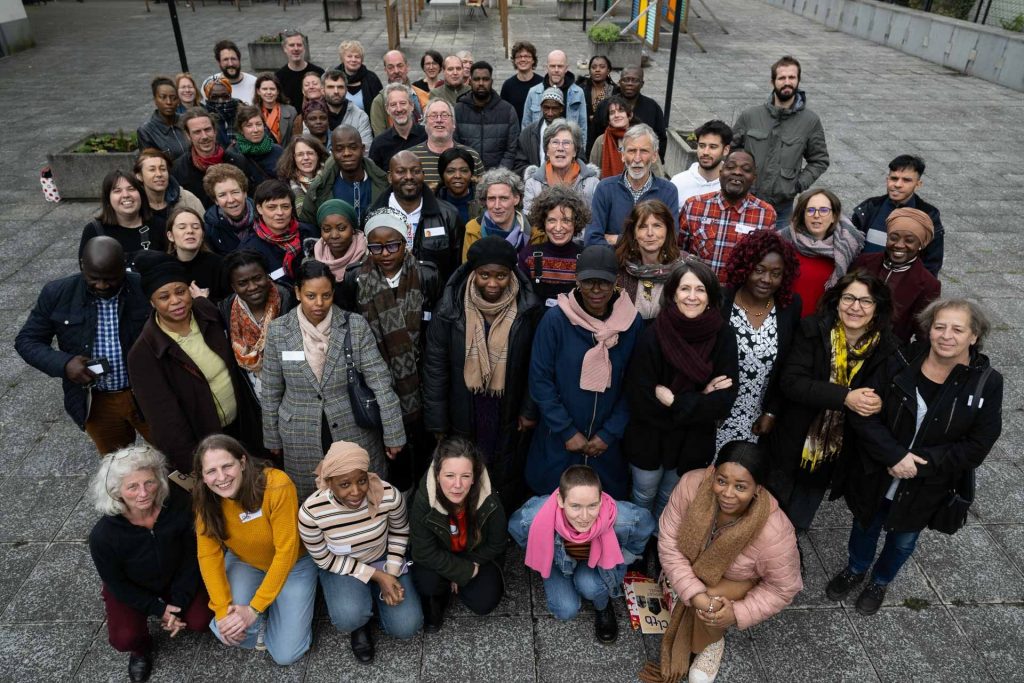An innovative housing system for the Brussels-Capital Region to make it more affordable and energy-efficient
The new Interreg NWE project “Upcycling Trust” developed by Community Land Trust Brussels (CLTB) and its partners implements an innovative system of ownership, which intends to renovate the existing housing stock and tackle the housing crisis in a more environmental and collaborative way. As this project is heavily focused on those who are more in need, it aims to contribute to improving the quality of life of the Region's citizens.
The history of Community Land Trust Brussels (CLTB) dates back 15 years, when a group of citizens concerned about the emerging housing crisis in Brussels discovered the advantages of the Community Land Trust model developing in the United States, yielding positive results by creating a more participatory and affordable housing system. This, in turn, motivated them to apply the same system in Brussels, to be a part of the solution to the current housing challenges the Region faces.
With the principle of non-speculation as the core aspect of this property system, Community Land Trusts propose a shift from the traditional ownership of land to the house. Under this framework, the organisation retains the property of the land where the building is constructed, while the homeowners own the building on the land. This separation contributes to its affordability even in the long-term, stabilising the prices as the organisation holds a saying when the building is sold, choosing the target while limiting the plus-value of such sale and purchase.
From its very start, CLTB has been a partner in the housing policy of the Brussels Region.
The Upcycling Trust project is inspired and follows the path led by the positive results of the earlier Interreg NWE project SHICC. Only this time the focus is on the existing buildings in need of renovation, to be adapted to the new energy standards while at the same time integrating them into the CLT system. For this purpose, the roles of Brussels Logement and Brussels Environnement, among others, in this new project are paramount, to further implement it into regional policy.
The results of such a strong partnership between the Region and CLTB have resulted in the development of 6 housing projects throughout different communes in Brussels, counting a total of 106 units. The success of this project is reflected by the perception of the inhabitants, having a big majority of the residents stated that since they live in CLT buildings, their commodity has increased.



